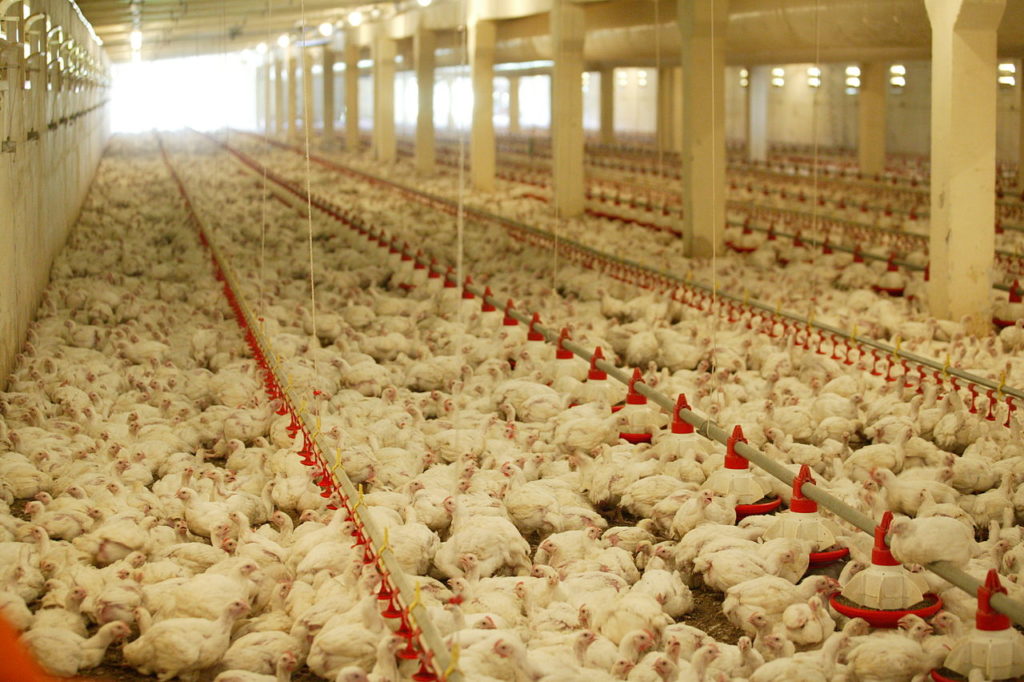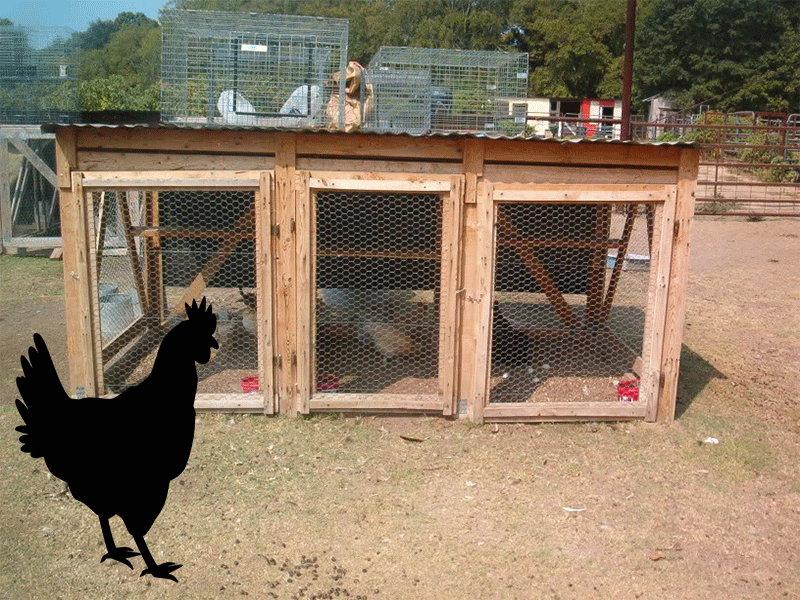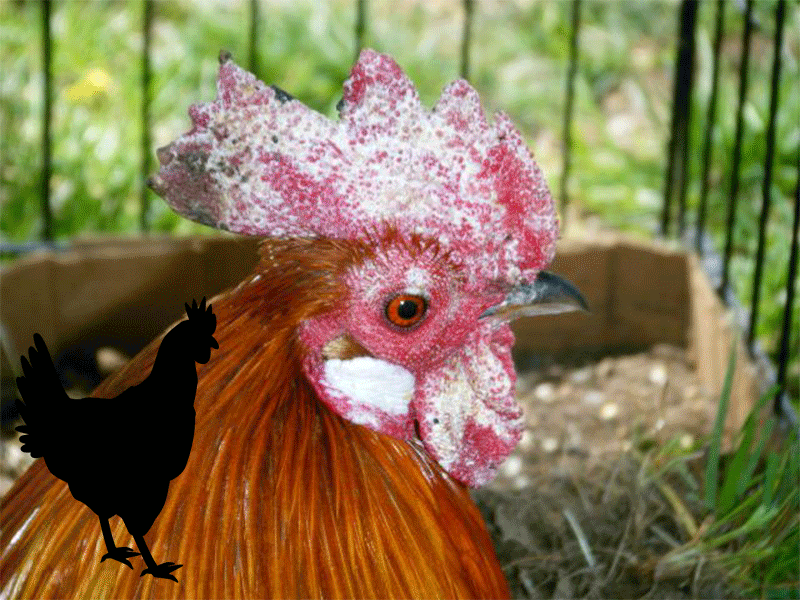One of the most common questions we get from chicken coop customers is “how can I keep predators out?” No matter where you live, there are critters out there who want your chickens, want their eggs, or both. We have listed the best ways that we recommend securing your chicken coop and run against predators.
Chicken Predators
Predators that you need to protect your flock from can include:
- Hawks
- Bobcats
- Coyotes
- Raccoons
- Eagles
- Foxes
- Owls
- Snakes
- Bears
- Weasels
- Possums
How To Predator-Proof Your Chicken Coop
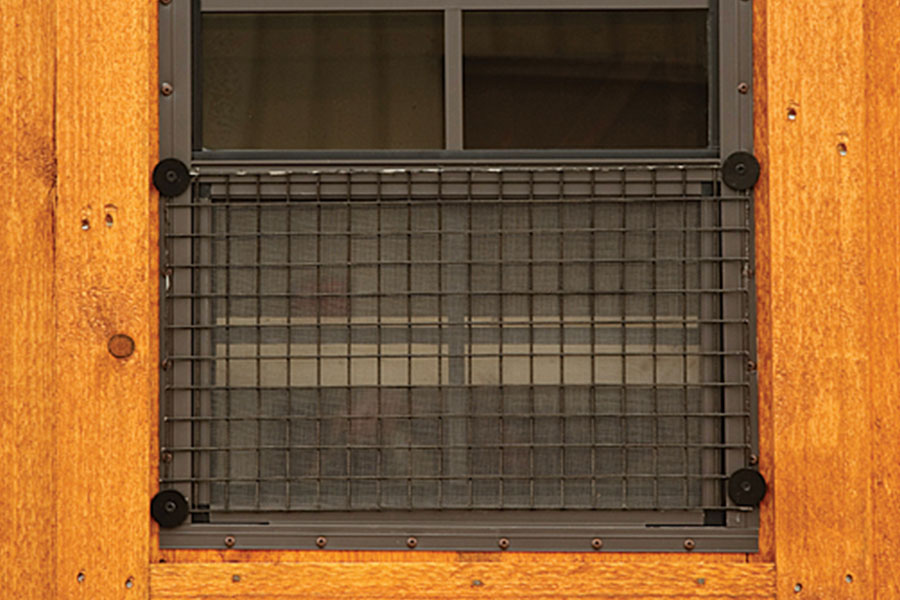
Wire Over Windows
The biggest vulnerability in your chicken coop is going to be the windows. If you tend to leave windows open during the summer for ventilation, then that is going to be your number one concern. Even if you have a screen on the window, it’s typically no match for a raccoon or bobcat. This is why we recommend predator proof wire mesh over your windows for total protection. It is our least expensive chicken coop upgrade, and the one that is most commonly purchased.
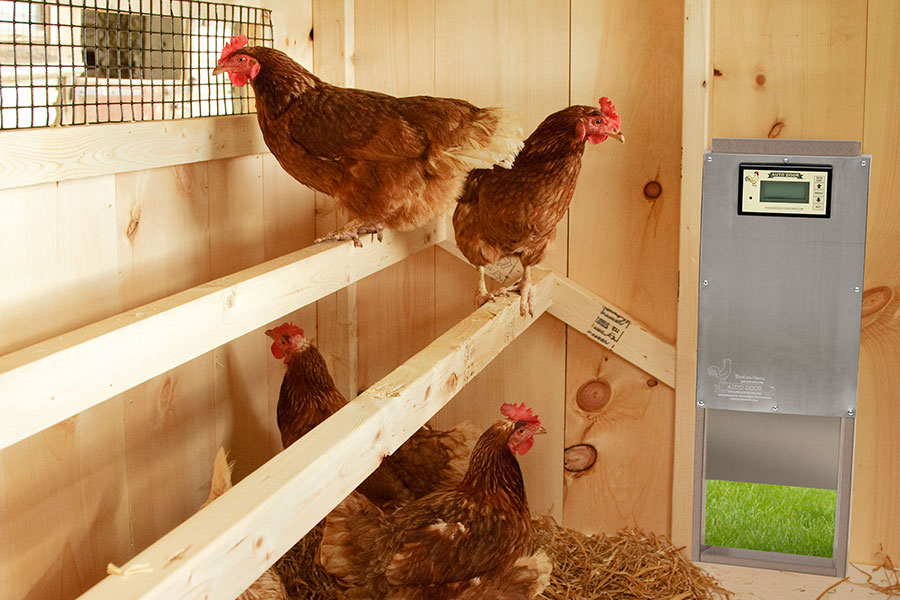
Automatic Chicken Door
The next vulnerability is going to be your chicken door. If you forget to close it at night, or you’re not around to do it at sunset, then that is going to be a wide-open opportunity for pretty much any predator to get into the coop. To secure your coop, we recommend an automatic chicken door that closes on a timer.
You may not need an auto door if you have an attached chicken run, but then you run the risk of a predator such as a fox digging their way under the wall of the run and then getting into the hen house at night.
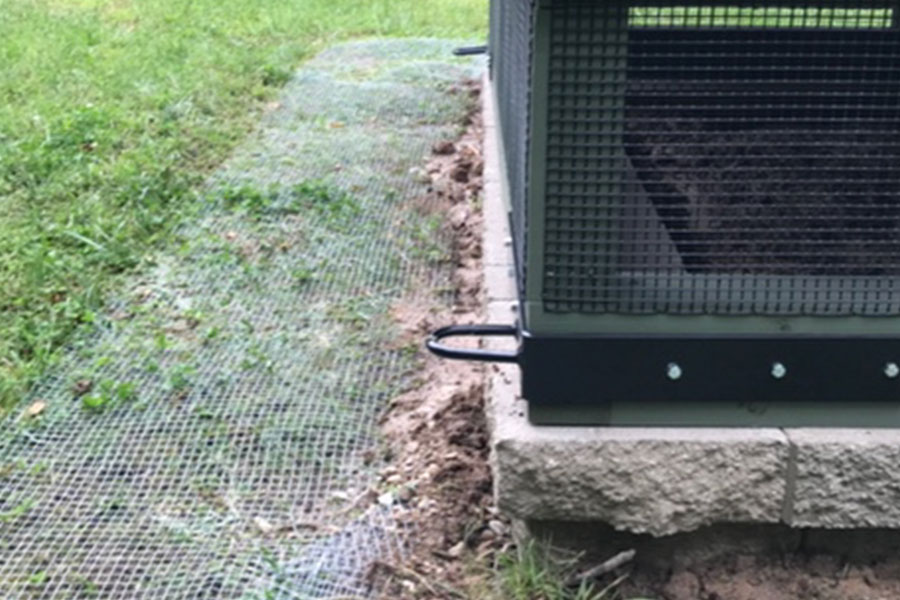
Keep Predators From Digging Under Your Chicken Coop
If you have openings underneath your coop at either end, you can put wire up vertically to block entrance underneath the coop. In order to keep predators from digging under your chicken coop you can bury wire mesh such as chicken wire or hardware cloth.
How to bury hardware cloth for a chicken coop: You simply lay it flat on the ground, and then cover it with dirt. It shouldn’t be too deep – you’re just trying to discourage digging activity. Predators who might dig their way in won’t dig a tunnel, they’ll just dig enough to get under the frame in order to get in.
Most of the time you won’t be worrying about predators digging under your coop anyway, what you really should be concerned about is predators digging their way into your run area.
How To Predator-Proof Your Chicken Run
Protecting Chickens From Snakes
One thing to note is if you are battling snakes in your area, you will probably want to consider a tighter mesh than other people who are more concerned about cats, dogs or birds. Snakes can really get into some tight spaces, and you will probably need to go down to a 1/2″ x 1/2″ mesh to keep them out, whereas a “standard” size would be more like 1″ x 2″.
Hardware Cloth Under Chicken Run
If you’re looking for a simple way to predator-proof your chicken run, then hardware cloth is a great option. Cow panels or chicken wire also work, but hardware cloth is a nice happy medium in terms of price, strength and ease-of-use. We do offer an upgrade for chicken coop-and-run combinations to put wire in the bottom of the run, but this is the best way to predator-proof your chicken run is to build a buried cinder block wall.
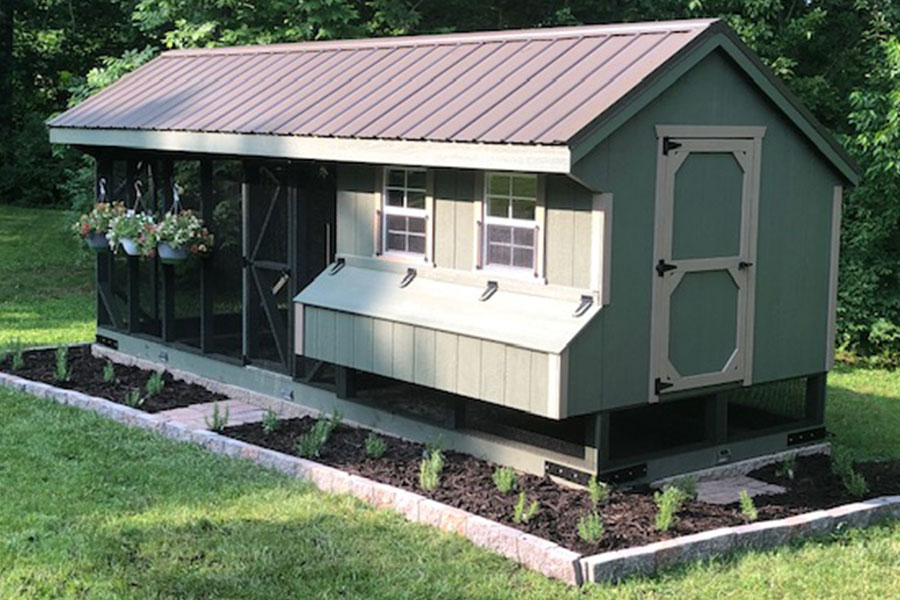
The Ultimate Predator-Proof Chicken Run
Many customers have built this simply designed footing to set their coop-and-run combo on top of, and in our opinion it is the absolute best at keeping out predators. It is the strongest and safest option, it’s cheaper and better than a concrete slab, and it keeps the structure off of the dirt which will make it last longer. It also allows you to maintain a soil base in your run area, which you can add material to or till over from time to time.
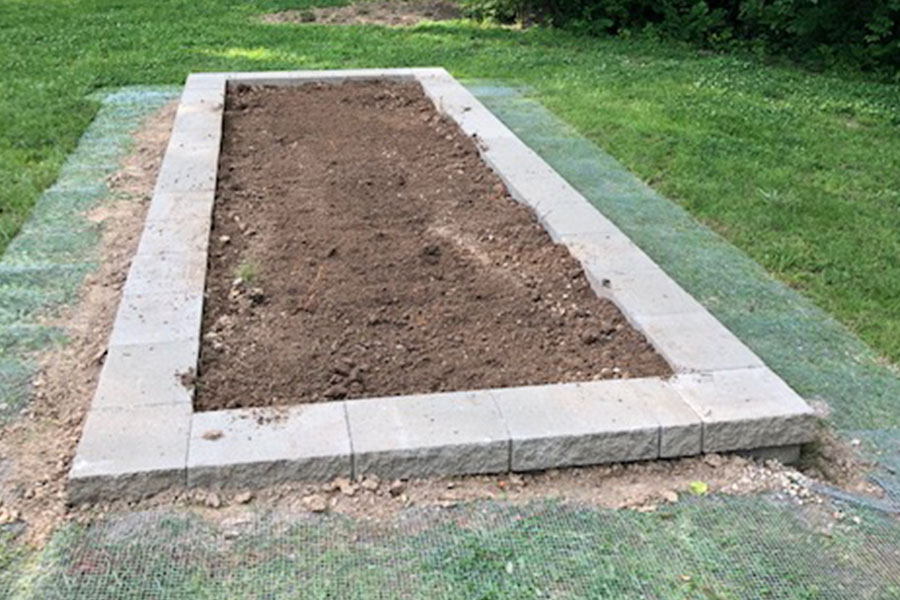
How to build a concrete chicken coop footing:
- Dig a trench that is wider than a cinder block, and matches the footprint of your entire structure
- Dig it about as deep as one cinder block
- Level the bottom of the trench
- Fill the bottom of the trench with a couple inches of pea gravel
- Level the gravel
- Set the cinder blocks in the trench, butting up tight to each other
- The blocks should be just above the ground, thanks to the gravel
- Back-fill the trench with dirt, so that the cinder blocks are set
- Cap off your “underground wall” footing with flat stones or pavers that the coop will sit on top of
We carry many predator proof chicken coops for sale to help you protect your flock.


